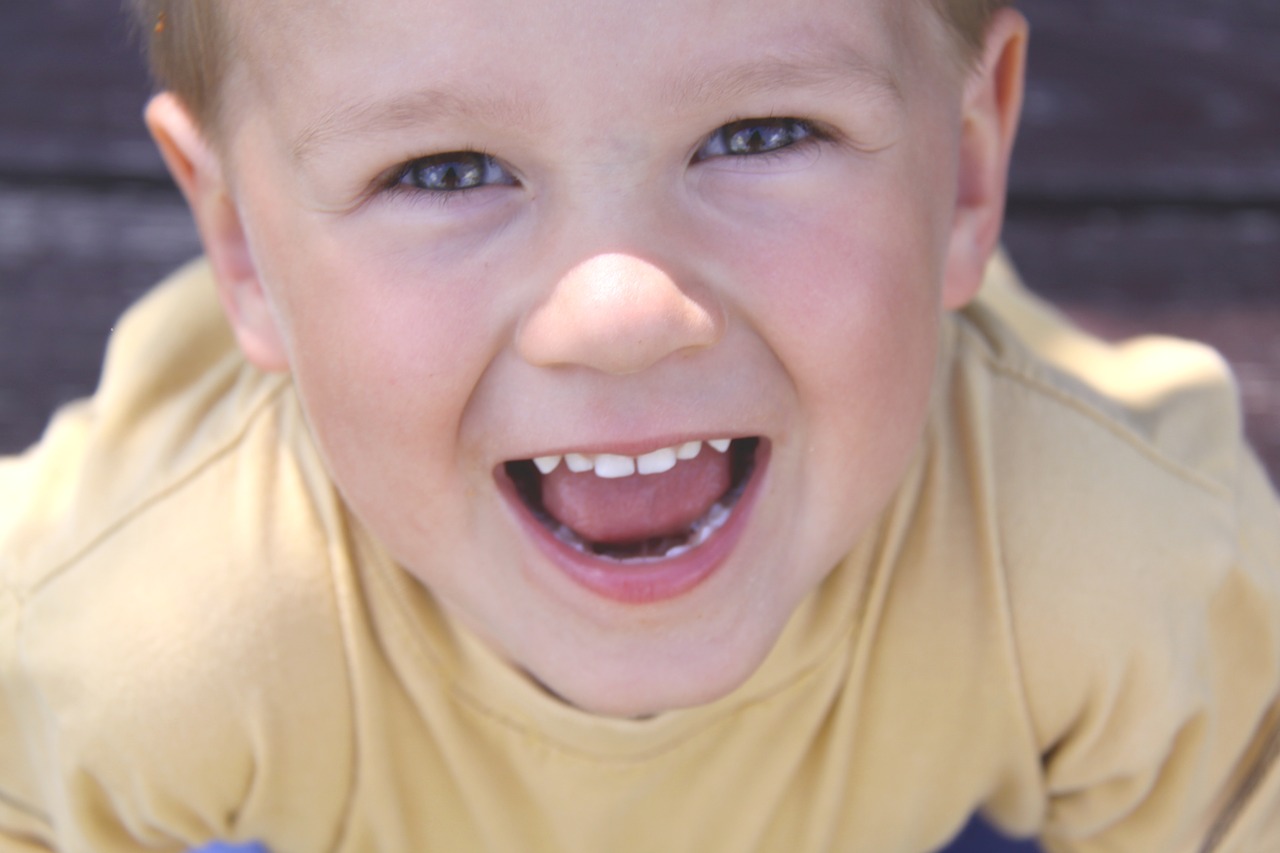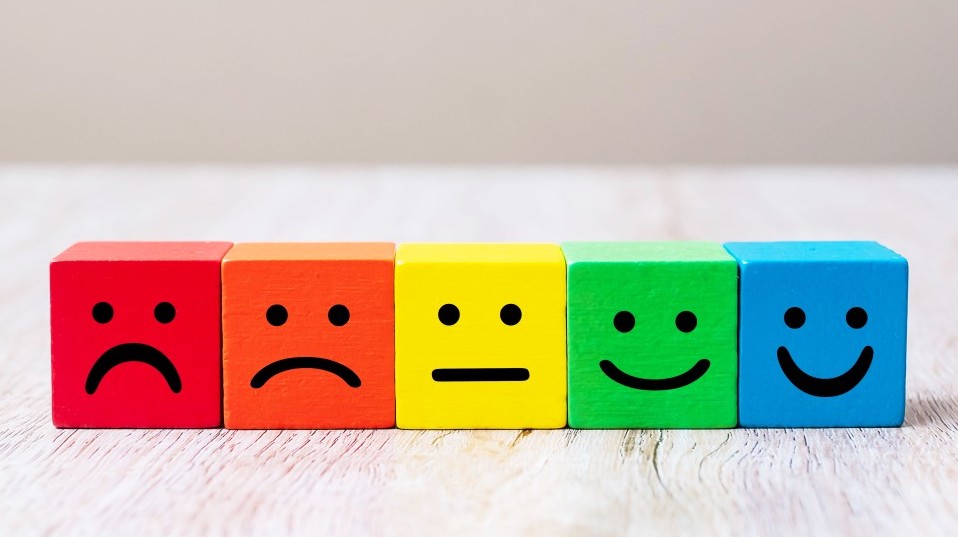 A screening tool developed by Bay Area pediatricians to identify adverse childhood experiences, ranging from homelessness and food insecurity to physical and sexual abuse, will now help doctors statewide address trauma affecting patients’ health.
A screening tool developed by Bay Area pediatricians to identify adverse childhood experiences, ranging from homelessness and food insecurity to physical and sexual abuse, will now help doctors statewide address trauma affecting patients’ health.
The California Department of Health Care Services approved the tool — called PEARLS, for Pediatric ACEs and Related Life-Events Screener — last month. As of Jan. 1, its use is covered by Medi-Cal, and it will be available to pediatricians at 8,800 California clinics.
Researchers and public health advocates have known for more than 20 years that traumatic childhood experiences are associated with greater risk of certain diseases such as asthma, diabetes and depression. But only in the past decade or so have doctors begun to understand just how closely connected trauma is to long-term health outcomes, and what they can do to protect their patients.
The tool, say those who created it, is an important step in confronting childhood trauma and preventing the illnesses associated with it.
Dr. Dayna Long and Dr. Neeta Thakur of UCSF led development of the PEARLS tool, working with doctors and researchers at the Center for Youth Wellness in San Francisco. Dr. Nadine Burke Harris, who was appointed California surgeon general in February, helped test the tool while she headed the Center for Youth Wellness and worked with children in Bayview and Hunters Point.
Studies have found that nearly two-thirds of all adults in the United States have at least one adverse childhood experience, and more than 15% of adults have four or more. Women and people of color are more likely than other groups to have more adverse experiences.
High ACE scores are associated with greater risk of developing depression, asthma, kidney disease, stroke, heart disease, cancer and diabetes. People with higher adversity scores are also more likely to engage in risky behaviors such as smoking and heavy drinking. The health risks are heightened independent of the behavior risks.
The PEARLS tool is designed to be used in a regular office visit with a pediatrician. Parents answer a series of questions for young children, and teens answer for themselves. The doctor can then use the score to talk to parents or teenage patients about trauma and associated health risks.
Excerpted from “Bay Area doctors target health consequences of childhood trauma,” published in the San Francisco Chronicle, January 5, 2020. Read the full article.
Source: San Francisco Chronicle | Bay Area doctors target health consequences of childhood trauma, https://www.sfchronicle.com/bayarea/article/Bay-Area-doctors-target-health-consequences-of-14951569.php |
A screening can help you determine if you or someone you care about should contact a mental health professional. Care Coordinators can arrange a free 30 minute Care Consultation so you can explore options with an expert. Call or email our Care Coordinators at 650.688.3625 or careteam@stage.chconline.org to set up an initial Consultation appointment.





